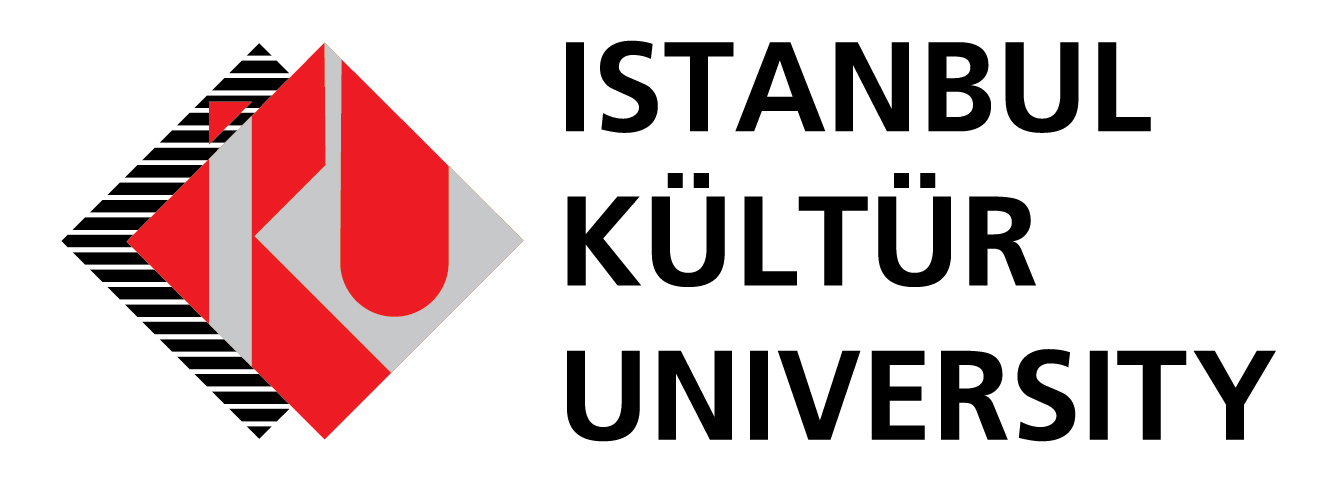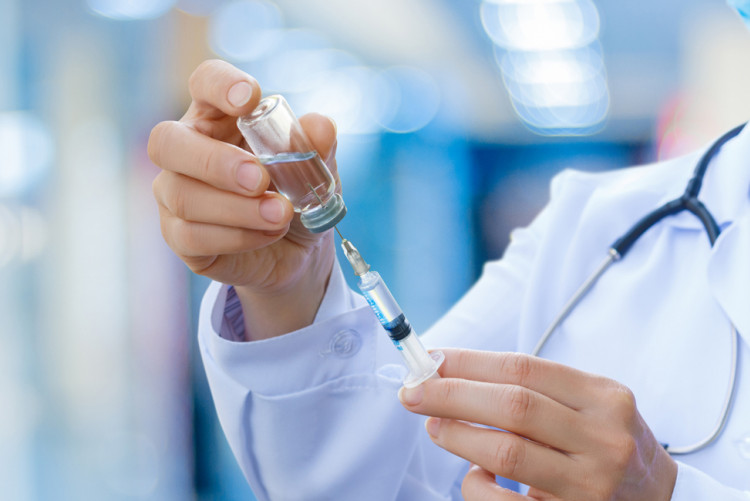'CoronaVac' vaccine develepod in China against Covid-19 arrived in Turkey. With the introduction of the vaccine, the number of topics about vaccine types and vaccine application is increasing. Assoc. Prof. Pınar Obakan Yerlikaya, a faculty member of the Faculty of Science and Literature, Department of Molecular Biology and Genetics, who continues her research on the development of various drug active ingredients against COVID-19 with her work team and cooperation partners, gave information about the COVID 19 virus vaccines and vaccines.
As a biomedical initiative that stimulates the immune system to produce antibodies, as in the case of exposure to the disease, and thus enables to develop immunity without getting sick, the vaccine is known as powerful weapons to prevent diseases in children, adults and the elderly. Vaccines that prevent the disease individually and control the spread of the pathogen in the society in terms of public health, prevent diseases. It is also important in terms of sustainability in health systems, as it limits processes such as diagnostic tests, treatment and hospitalization.
Genetic Factor in Vaccine Protection
Stating that vaccines against more than ten viruses have been developed and successfully applied all over the world, Assoc. Prof. Pınar Obakan Yerlikaya stated that the prevalence of diseases such as diphtheria, tetanus, polio, tuberculosis, measles, rubella, which can be fatal, thanks to the routine vaccination strategy for children, especially in Europe has fallen. Stating that vaccination plays a critical role in preventing some cancers such as cervix and liver triggered by viruses other than viral diseases, Yerlikaya explained the limits of the protective effect in a vaccine: While talking about vaccines developed for SARS-COV-2, which is a disease factor of COVID-19, individuals started to read and hear the term protection in the press. It is explained that the vaccines developed are protective between 62% and 95%. The term protection over a percent of the vaccine explains how many of the hundred people who receive the vaccine will be protected from the disease by the vaccine. So if a vaccine is 90% protective, 90 out of 100 vaccinated people are protected from the disease. Although it is always set out as 100% protection in the development of vaccines, this is not possible because the genetic structures of the individuals who make up the society may be different and their responses against the virus may also differ. The effectiveness of vaccines therefore varies. For measles and rubella vaccines, the efficacy after two doses was 99%, while this rate was 80% for mumps. Some vaccines have also been shown to decrease in effectiveness over time. Social immunity studies have shown that there is no limit to talk about the protective effect of a vaccine. For example, this value was stated as 33-44% for influenza and 92-95% for measles. At this point, the higher the efficiency, the more effective the protection from the disease should be considered, because the higher the percentage value, the more people will be immune and the more effective the ending of the pandemic.
Our teacher, who also gave information about the vaccine types, which is another issue that the public is curious about with the COVID-19 vaccine studies, states that the vaccines are generally examined under two main headings, conventional (classic) and biotechnological. Noting that the vaccines developed against SARS-COV-2 are designed following both classical and biotechnological methods, our teacher summarized the current COVID19 vaccines as follows: CoronaVac, owned by Sinovac company, is an inactive vaccine. When inactivated SARS-COV-2 is administered to individuals as a vaccine, the immune system develops a response. BNT162 vaccine, developed in partnership with BioNtech / Pfizer, is an RNA vaccine. RNA vaccines have the advantages of being produced faster and less costly.
Vaccine Development Is a Process
The operation of the process is another topic discussed in the public when there are mutations or side effects that occur following the vaccine administration. Pınar Obakan stated that following the development of vaccines, they were first tested in laboratory environment (in vitro on various cells) and experimental animals (in vivo), and then clinical trials with volunteers were started, and Yerlikaya stated that development was a process, not a result. Phase I-II-III and IV studies are conducted with an increasing number of volunteers to collect information about the vaccine's operation, dosage, safety and protection. It is developed to make the vaccine the most effective with the feedbacks made at these stages. After the phase studies, with the scientific evaluation and permits obtained from the health authorities, large-scale production is realized and individuals are vaccinated in line with appropriate strategies. Within the scope of the COVID-19 pandemic, the evaluation period of vaccines has been shortened by the FDA in the USA and the EMA in Europe. Following the phase studies, the safety and side effects data of the vaccine are continuously evaluated. The vaccine development processes continue because of it. In particular, evaluations are made in direct proportion to the mutating capacity of viruses.
About Vaccination and Side Effects
Stating that the side effects of vaccines are generally classified under two main headings, common and rare. Our teacher summarized the side effect symptoms as follows: Generally, common side effects for all vaccines include pain, swelling and redness at the injection site, muscle pain, headache, weakness, and fatigue. Rare side effects may develop depending on the type of vaccine. Reactions such as anaphylaxis (allergic shock), decreased platelet count, convulsion, and not responding to environmental stimuli can be counted. In order to understand the side effects, especially in phase studies, volunteers are monitored for these reactions at certain intervals after the application, in comparison with the group receiving placebo.
In our country COVID19 Turkey Platform, as well as many research groups of vaccines and stating that walked through the success of drug studies Assoc. Prof. Obakan Yerlikaya, COVID19 Turkey Platform vaccines and drugs virtual conference in the that is currently in our country supported nine different conventional and biotechnological vaccine candidates as shared and continue the work that stated. Drawing attention to the breakthroughs in the development of test kits, our professor stated that the graduates of the molecular biology and genetics department are working actively in the processes related to diagnosis. Obakan Yerlikaya said that this process can be overcome as soon as possible with the devotion of individuals, the strategic continuation of the vaccination processes and the efforts of scientists.


